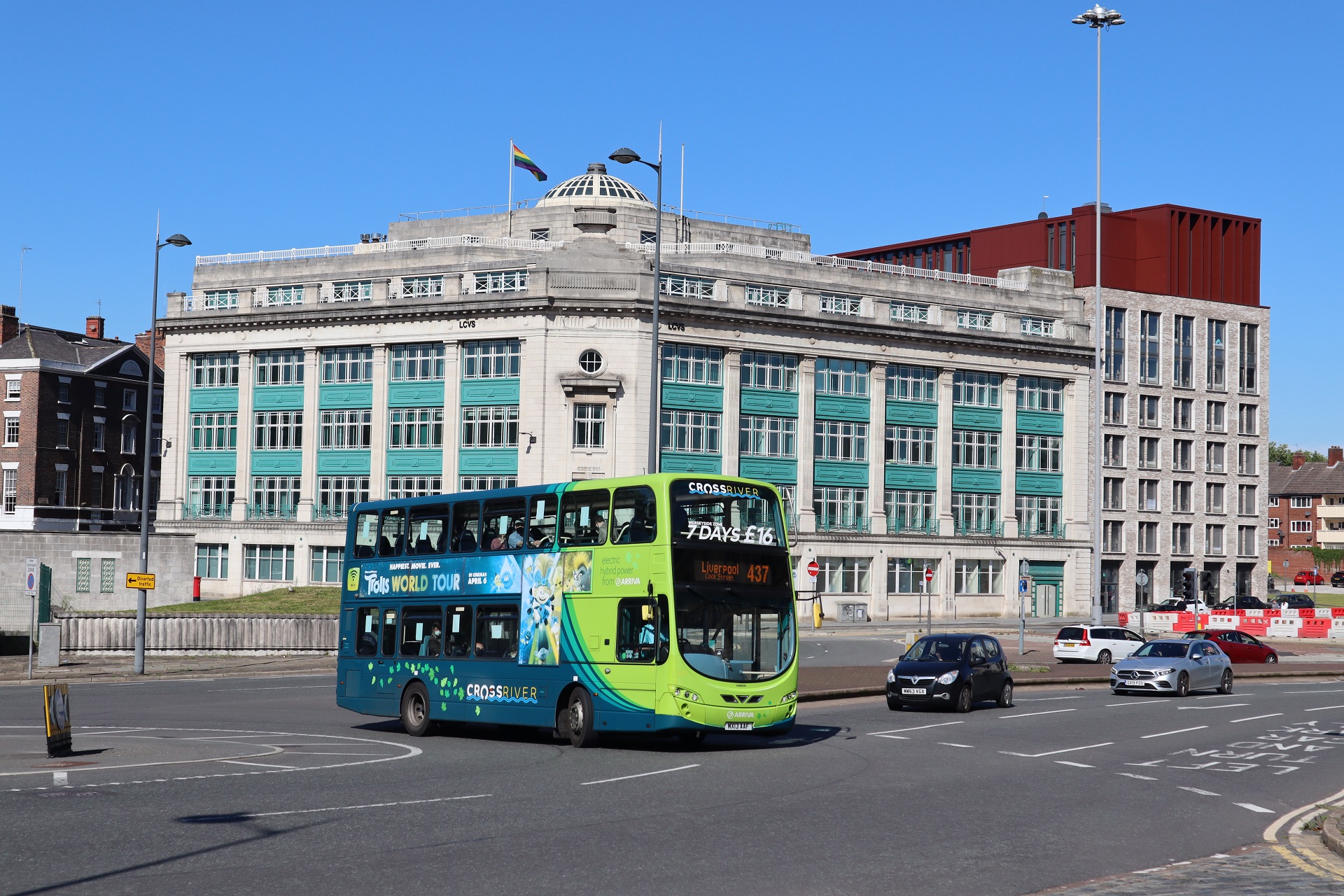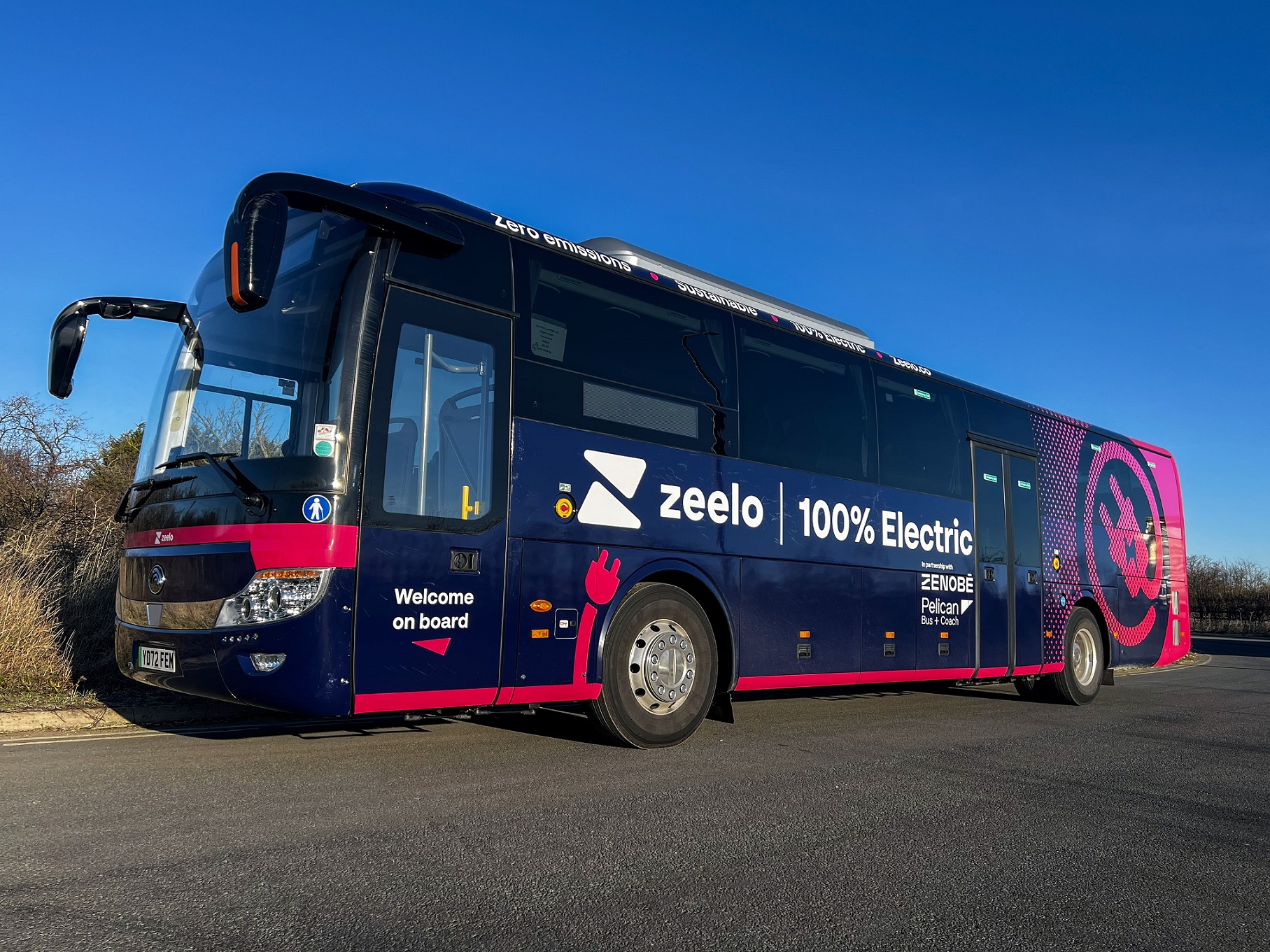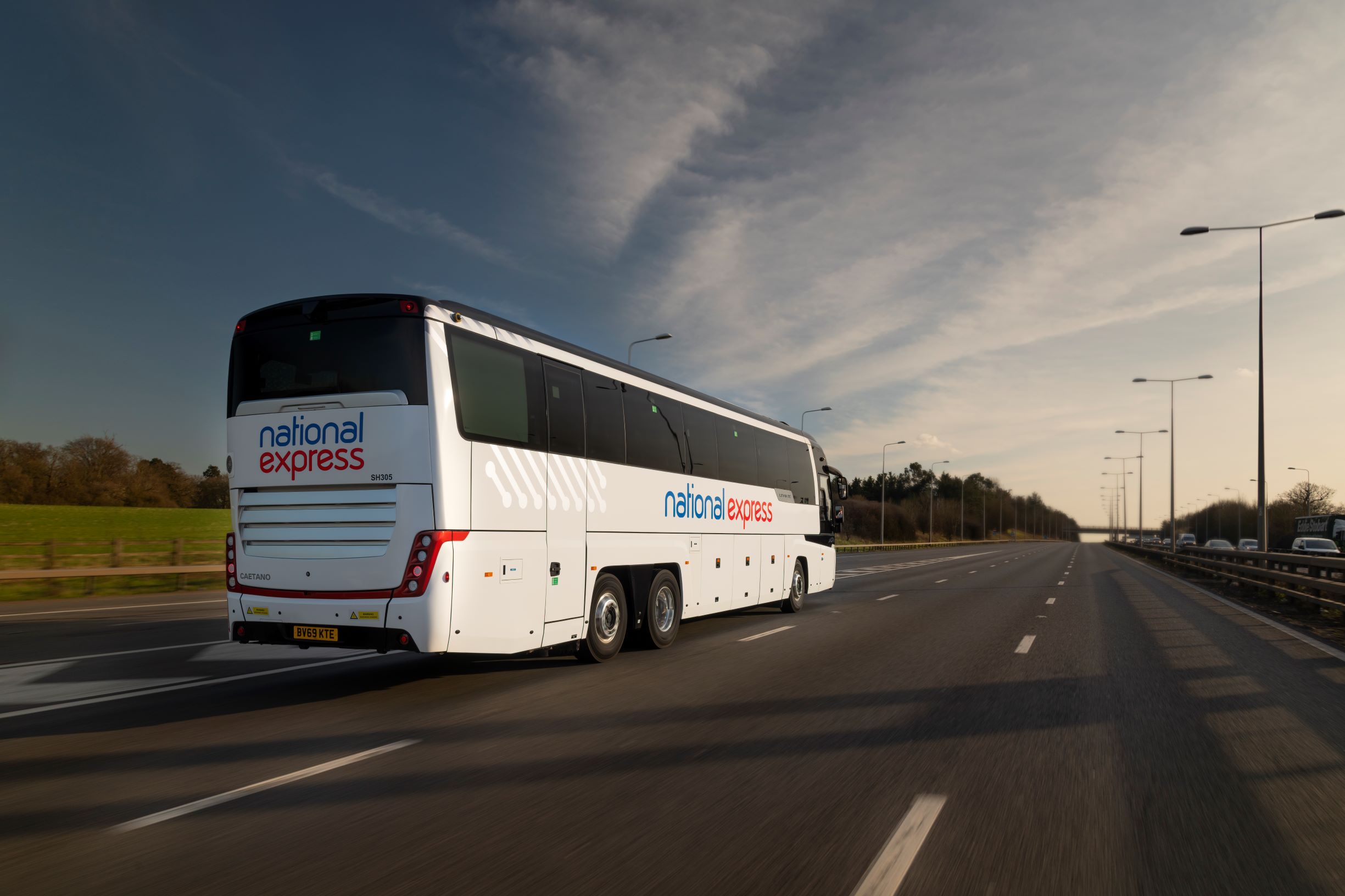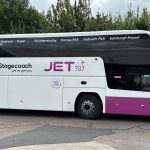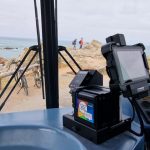Further reregulation of bus services in North West England is set to move forward on 3 March when members of the Liverpool City Region Combined Authority (LCRCA) are asked to approve elements of the process, including a formal proposed franchising scheme.
LCRCA signalled in 2022 that it favours reregulation. It has now finalised an assessment of that process, which captures financial implications. Alongside other documents, including a statutory consultation and notice of a proposed franchising scheme, the assessment will be published if members agree on 3 March to move ahead with its delivery.
Liverpool City Region bus franchising decision expected this year
Findings of the consultation will be released before a final decision whether franchising will proceed is made. The latter is expected before the end of 2023. LCRCA says that if the agenda progresses, the first franchised routes in the region – in St Helens – could be in operation from September 2026.
A report to LCRCA members by Executive Director – Place Richard McGuckin and Deputy Portfolio Holder for Transport and Air Quality Cllr Steve Foulkes advises that a decision to undertake the consultation on franchising “is significant and one of the last remaining key tasks ahead of a final decision.”
Full financial implications will be considered at the final decision-making stage. The report to LCRCA members accepts that those are “significant,” as would be implications for assets such as vehicles and operating centres. A fleet and depot strategy is set out within the franchising assessment.
Five ’rounds’ planned for delivery of process
In rolling out reregulation of bus services, LCRCA says that it would be delivered in five “rounds.” In addition to St Helens, those would be made up of:
- Wirral
- North Liverpool and North Knowsley
- South Liverpool, South Knowsley and Halton
- Sefton.
Such a method is similar to that currently being rolled out in Greater Manchester. LCRCA says that it will “allow sufficient time for the franchise contracts to be procured and [for] mobilisation to take place, as well [as] time for the local bus industry to adapt smoothly to a new model of operation.”
Each round would include multiple lots of varying sizes, which LCRCA says will allow small, medium and large operators to bid. In the case of SMEs, that would enable them “to continue to provide a similar level of service that they do in the current network, as well as opening the opportunity for expanding their services by bidding for multiple contracts.”
The Combined Authority says that buses “are one of the best tools we have to tackle inequality and social inclusion.” 82% of public transport journeys in the region are made by the mode. However, it notes that before the pandemic, the profitability of both commercial and subsidised services “was forecast to decline over time.”
Rotheram again attacks current service provision
While work around franchising has progressed since LCRCA confirmed in 2022 that the approach was its favoured avenue for reform, the Combined Authority adds that “constructive and collaborative” work with operators has continued in the meantime, such as on its hydrogen bus project.
Nevertheless, Mayor of Liverpool City Region Steve Rotheram has again attacked current bus service provision, describing it as “second class” and “too confusing, too unreliable and too expensive.”
Mr Rotheram says he wants to see a “London-style integrated transport system” in the region, something that will start “by taking back control of our buses to give us greater control over fares, routes and timetables.”




















